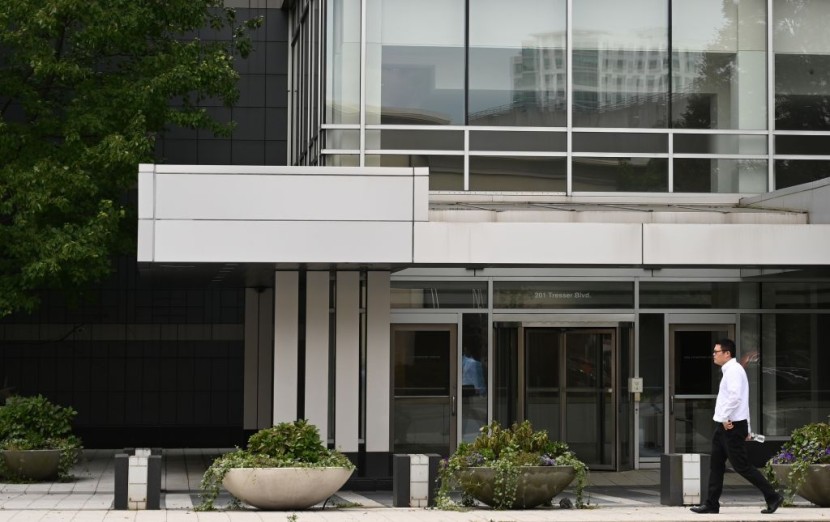The United States Supreme Court is set to hear arguments on Monday regarding the legality of Purdue Pharma's roughly $6 billion bankruptcy settlement.
The company is the maker of the powerful and highly addictive pain medication OxyContin which is said to have played a key role in the nation's opioid epidemic. If the court's justices allow the deal to proceed, it could result in billions of dollars being poured into addiction-treatment and other relief efforts.
Purdue Pharma Bankruptcy Settlement

Additionally, the settlement would shield the Stamford, Connecticut-based pharmaceutical company's wealthy Sackler family owners from lawsuits brought by opioid victims. Purdue reached a bankruptcy settlement with creditors, including several state attorneys general, local governments, and the U.S. Justice Department's criminal and civil divisions in 2019.
Under the agreement, the pharmaceutical company would transform into a non-profit and dedicate its assets to addressing the harms of opioid addiction across the United States. In 2021, a U.S. bankruptcy court approved the restructuring plan and it was revised the next year to include more money from the Sacklers, as per Yahoo Finance.
The development came after the attorneys general of eight states and the District of Columbia successfully appealed the bankruptcy court approval. The modified agreement has support from all financial stakeholders in the case, including all state attorneys general.
However, it is opposed by the Justice Department's bankruptcy watchdog and some individual opioid plaintiffs. The Sacklers would have to pay up to $6 billion to a trust that would be used to settle claims filed by states, hospitals, and people who had become addicted and others who have sued the pharmaceutical company in question.
A group that comprised more than 60,000 people who have filed personal injury claims resulting from their exposure to Purdue opioid products told the Supreme Court that they were supporting the settlement. This includes the legal immunity for the Sackler family members.
Read Also: FedEx Sued by Black Delivery Driver
Billions of Dollars for Relief
The Supreme Court hearing would assess whether or not the settlement violates federal law. The case is believed to have wide-ranging impacts on whether or not companies can continue to declare bankruptcy to dodge more severe financial consequences, according to Business Insider.
The legal maneuver, which is officially referred to as third-party non-consensual releases, allows organizations to settle personal injury claims in bankruptcy court instead of civil court. The former can protect them from future litigation, which makes it the more cost-effective option for a firm that is trying to avoid paying for its accused wrongdoings and keep its options open.
However, legal experts argue that companies are more often relying on bankruptcy court than civil court to settle claims. Opponents argued that the practice robs regular people of their day in civil court.
Legal experts claim that the U.S. government had long questioned the validity of the practice, which raised the possibility that a sweeping decision in the case would upend similar agreements.
A bankruptcy expert who teaches at Emory University School of Law, Lindsey Simon said that Purdue Pharma is just the case where they finally got the court to look at, said the New York Times.
Related Article: [REPORT] Americans Supporting Death Penalty Now Waning
© 2025 HNGN, All rights reserved. Do not reproduce without permission.








